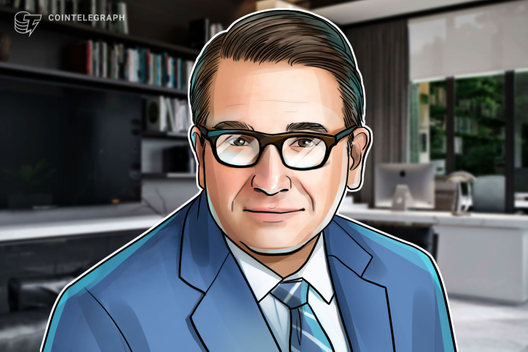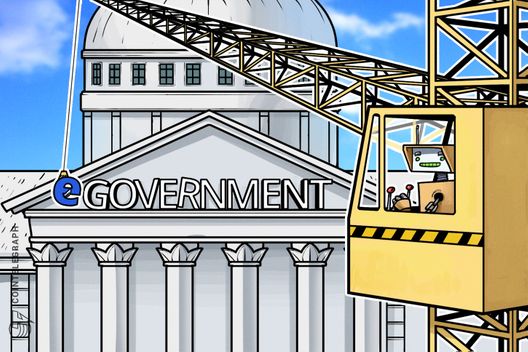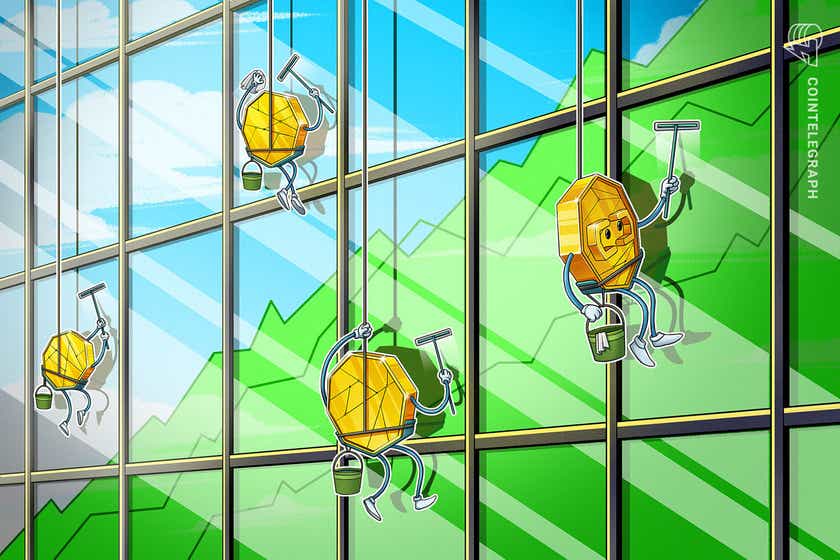Crypto mining activities are now regulated by the Venezuelan gov
But there is always a catch when it comes to Maduro’s government.

Venezuela’s National Superintendency of Crypto Assets and Related Activities, or SUNACRIP, has issued the first decree to officially regulate all crypto mining activities. In order to qualify, miners will need to meet specific requirements.
An official announcement was first published in the Gaceta Oficial and signed by the head of the SUNACRIP, Joselit Ramirez. It stated that residents in Venezuela who are interested in mining Bitcoin (BTC) and other cryptocurrencies must request a license and join the so-called “national pool.”
The legal framework asks people to disclose what kind of activities they would like to do in crypto mining, such as trading, importing, or using mining equipment. The government will also issue a special license for those who want to manufacture ASIC mining hardware or build mining farms.
About the “national pool,” the SUNACRIP defined it as follows:
“A group of pooled miners agreeing to share block earnings in proportion to the contributed mining hash power. They share a similar operation to cooperatives, and it would be in charge of the National Superintendency of Crypto Assets and Related Activities (SUNACRIP).”
The decree also states that the SUNACRIP “may” offer benefits, incentives, and even “tax exemptions to encourage miners to join the national pool.” However, if Venezuelan crypto miners don’t join the national pool, they’ll be subject to the Comprehensive Crypto Assets System’s sanctions.
The new regulation doesn’t clarify if the government has the legal authority to freeze crypto mined within the national pool, or what type of sanctions will be imposed on people who mine outside such a public pool.
Crypto miners should apply for the licenses through the Comprehensive Registry of Services in Cryptoassets, or RISEC, a system run by the SUNACRIP.
Although Venezuela is known for having a highly active crypto mining population, the government has not always favored such activities.
Venezuelan Minister of Habitat and Housing, Ildemaro Villarroel, recently announced that crypto mining operations would not be allowed in any state-owned housing or neighborhoods that are part of the “Gran Misión Vivienda” project (Great Home Mission).









